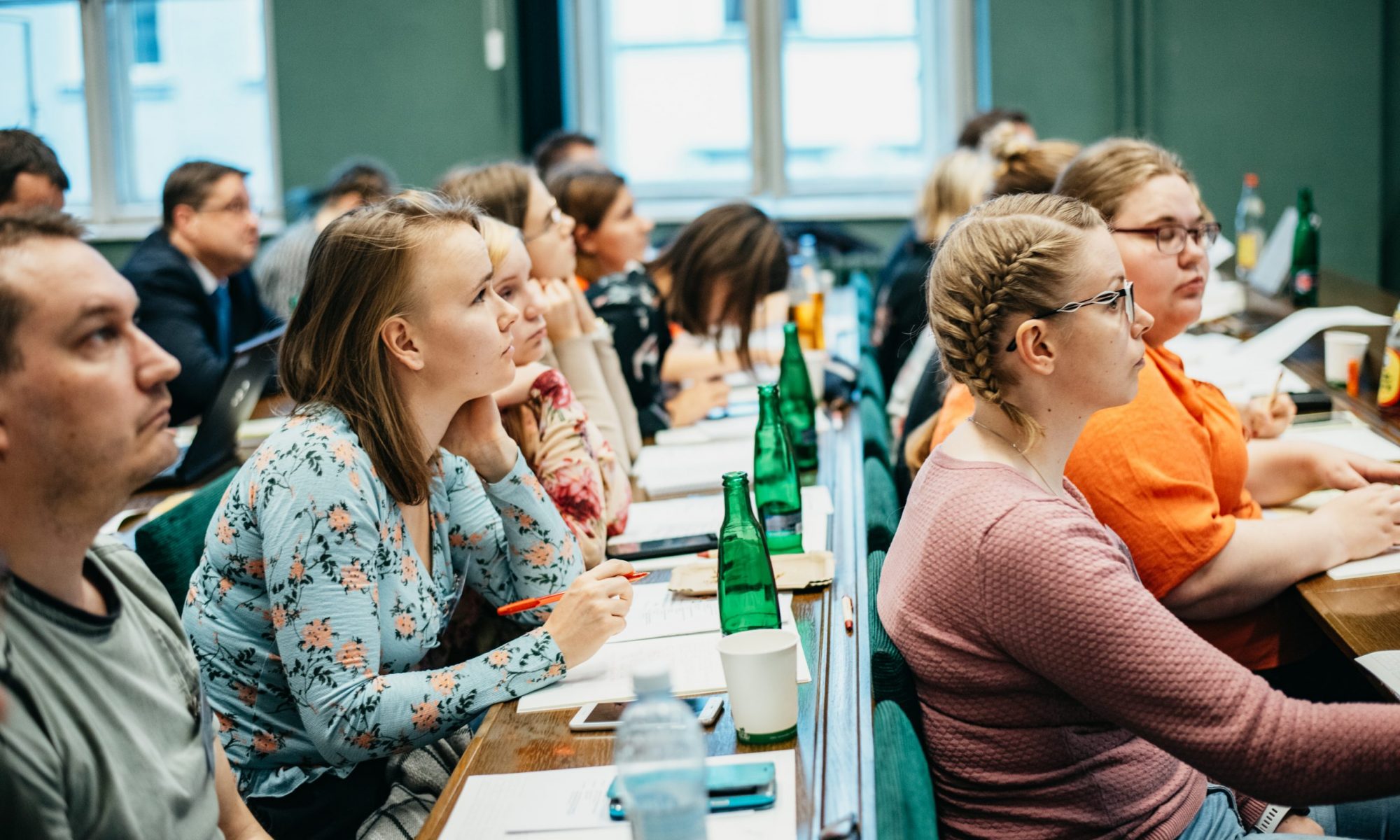STEM and STEAM learning have become widely known and spread in recent decades. By promoting the integration of different school subjects through curricular and extracurricular activities, formal and informal methods, STEM and STEAM learning’s pedagogical framework is most often provided by project-based approaches. Project-based education with problem-solving, inquiry-based, and collaborative methods can meaningfully support the design, the process, and the outcome of inter-, multi- and transdisciplinary learning activities. However, more research is required to explore the critical factors of developing students’ disciplinary knowledge, skills, and competences and their ability to apply what they have learned in real life. Research results coming from our “STEAMteach: STEAM Education for Teaching Professionalism” and “Kids Inspiring Kids for STEAM” (KIKS) international projects suggest that discussions, reflection “feedback loops” can contextualize the accomplishment of the project-based activities to improve the learning outcomes. Enhancing the impact of collaborative learning in STEAM projects also raises the opportunity for collaborative teaching, which is another under-explored area of project-based education. In the talk, I introduce the lessons learned in STEAMteach, KIKS, STEAMupgrade, STEAMbox, FreeEd international projects supported by the European Commission, and the “Assessment of transversal skills in formal and informal learning environments” project, which we realized in a consortium of three Finnish universities. The talk also will include an overview of the Experience Workshop STEAM Network’s project-based activities and the role of innovation and creativity in project-based STEAM activities.

Project-Based Education and Other Student-Activation Strategies and Issues in STE(A)M Education
an international conference 7th – 8th November 2025